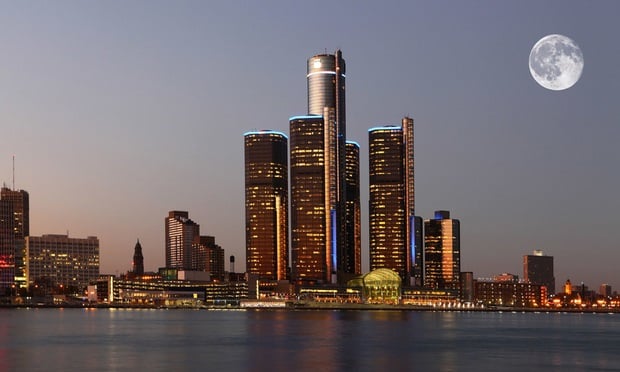The company, a collection of heirs of the late Joseph and Elaine Kosik, had plans to partner with an entity known as Resorts and Co. to construct a restaurant and a sports complex, as well as some multifamily residential structures.
The Kosiks had purchased the property in 1976. There are three separate but contiguous parcels, with two zoned for multifamily use and one large 55-acre parcel zoned for commercial use.
The retail and entertainment were supposed to go on the large parcel, where there are wetlands. There were already a few apartment buildings on smaller parcels.
However, the state denied the companies a permit to develop the property under the Wetland Protection Act in 1988.
Judge William Collette ruled Wednesday that the state did take the property without compensation, and owed the developers $6 million, plus interest and attorney fees from back when the first suit was filed. The case has been all the way to the state Supreme Court and back. The state Supreme Court ruled that the lower claim court should consider the three parcels, plus a more recently purchased four parcels, as one piece of property when considering whether the land was taken.
Because the loss of the large parcel along M-59, development on the other three parcels could not make up for the loss, Collette ruled. The family had always intended on developing the large parcel, including paying a large amount of taxes on the property.
"This is a solid victory for property owners, but more specifically, for small businesses, homeowners and others who have had their property rights handled cavalierly by the state," says Robert L. Bunting, the plaintiff's attorney. He adds that in some cases regulatory acts infringe on private property rights, and that the state has been too quick to intimidate property holders into giving up their rights.
"Whenever these types of matters have arisen, (the state) has put every aggrieved citizen to task to prove and enforce their just compensation rights through a lengthy and expensive litigation process," Bunting says. Most citizens can't afford to fight costly court battles, and just give up, he adds.
"What this case does is restore the constitutional rights of private property owners and keeps government responsible," Bunting says.
© Touchpoint Markets, All Rights Reserved. Request academic re-use from www.copyright.com. All other uses, submit a request to [email protected]. For more inforrmation visit Asset & Logo Licensing.






